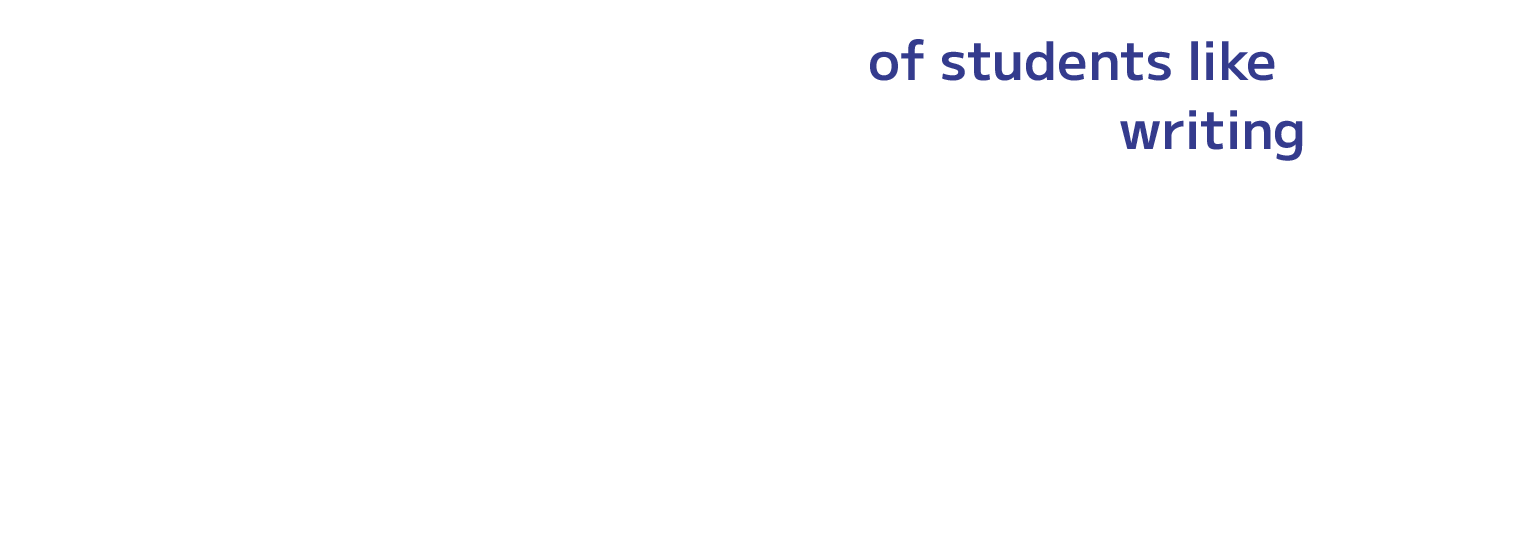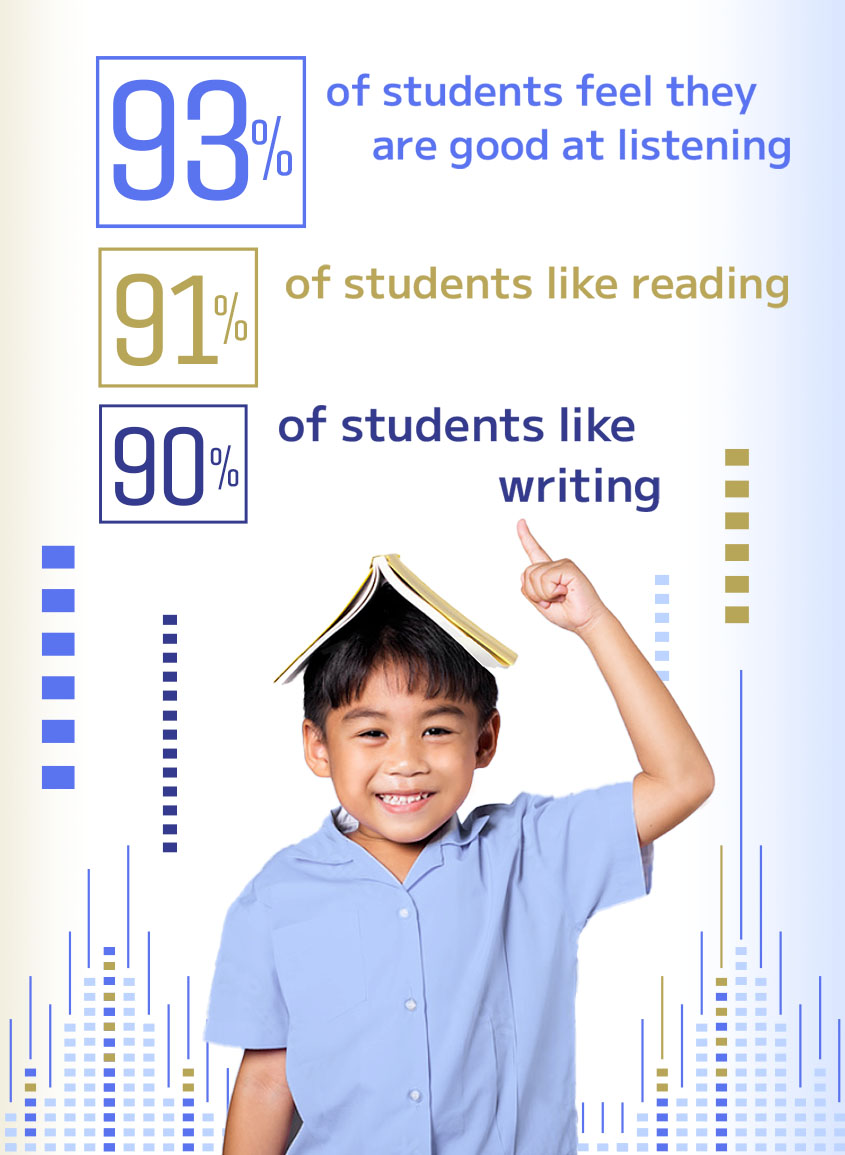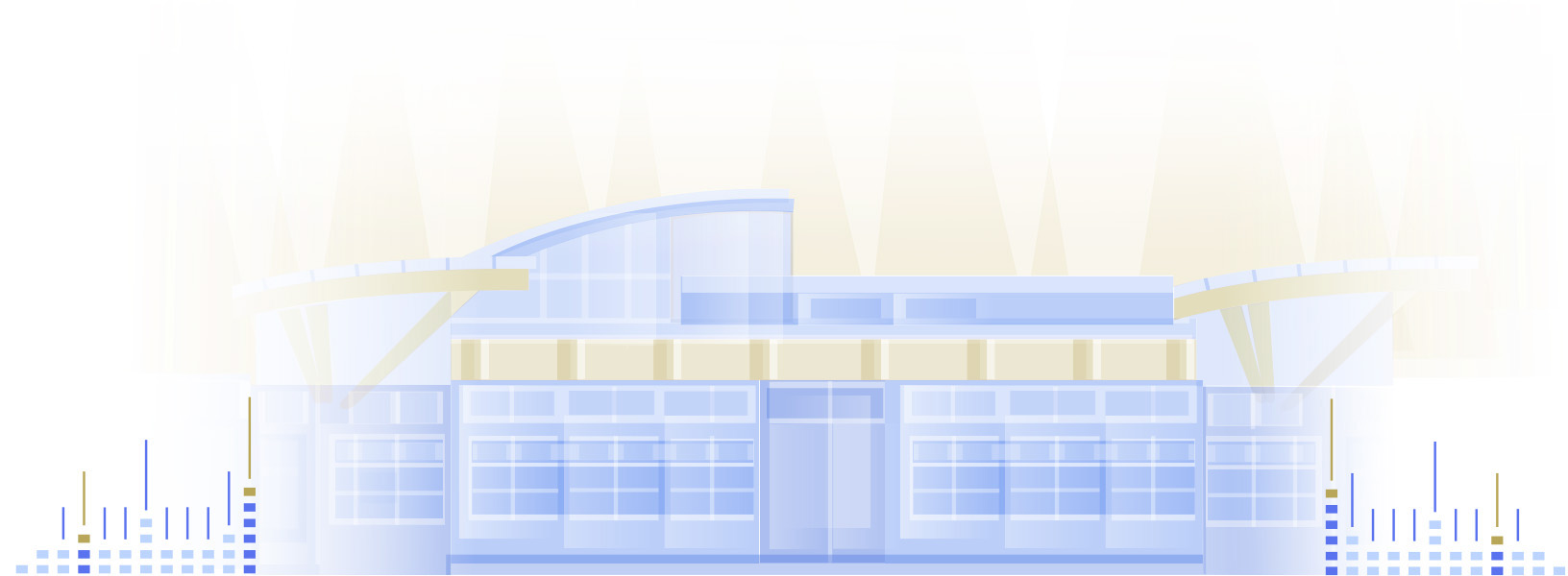School Goal Two
To improve student achievement in reading, writing, listening, and speaking by following a progression of skills that are systematic and explicit.
How can we increase engagement and achievement in literacy while recognizing the importance of having students' minds and bodies ready for learning?
At ḰELSET Elementary, our staff is deeply committed to improving literacy for all students. Recent report card data and literacy assessments show encouraging progress:
- Over 12% of our learners are currently at the emerging level—a decrease from last year, indicating positive shifts in the right direction.
- 34% of students are developing their literacy skills, which means there is still important work ahead.
Recognizing these results has inspired us to refine how we teach and deliver literacy instruction to ensure every student thrives.
Implementing the “Walk to Read” Model at ḰELSET Elementary -- This year marks the beginning of our focused efforts to improve literacy outcomes through the implementation of the “Walk to Read” model, inspired by Drinkwater Elementary in the Cowichan District. This data-driven approach involves a team of educators collaboratively supporting all students across multiple classrooms. Instruction is delivered in small groups tailored to individual student needs, targeting foundational literacy skills such as phonemic awareness, digraphs, fluency, and comprehension.
Last year, three groups of ḰELSET teachers participated in experiential learning visits to Drinkwater, observing the model in action during protected literacy blocks held four times a week. The response was overwhelmingly positive, with staff expressing strong enthusiasm for adopting a similar approach. Teachers were particularly encouraged by the data showing improved literacy outcomes and the alignment of this model with recommendations from the Ontario Human Rights Commission’s Right to Read Inquiry.
Our staff recognize the benefits of collaborating to ensure that all students receive a comprehensive and consistent literacy approach from Kindergarten through Grade 5. This shared commitment of being intentionally consistent is driving our collective efforts to build a strong foundation for literacy success across the school.
This goal aligns with the District Strategic Goal to improve literacy across the curriculum for all students with a particular focus on early learning. We will be utilizing the District Literacy Assessment and other assessment data to inform our practice.
As we work towards achieving our literacy goal, we will ensure that W̱ SÁNEĆ, other First Nations, Métis and Inuit students will experience academic success, while maintaining a strong cultural identity, as outlined in the Indigenous Education Enhancement Agreement.
Also, and importantly, this inquiry connects directly to First Peoples principles, where:
- Learning is holistic, reflexive, reflective, experiential, and relational (focused on connectedness, on reciprocal relationships, and a sense of place).
- Learning involves recognizing the consequences of one‘s actions.
- Learning involves patience and time.
First Peoples Principles of Learning
The Literacy Goal needs to ensure that:
- Learning is embedded in memory, history, and story.
- Learning involves patience and time.
- Created a school-wide schedule where pairs of grades (K/1, 2/3, 4/5) have 30 minute blocks of time, 4 days a week of Protected Literacy Time;
- Meeting each term with our Literacy Working Group of teachers to guide this work;
- Intensive Literacy Intervention for students at the emerging level;
- Scheduled Targeted Reading Time for grades 1, 2, and 3 each term;
- Professional Development, where ḰELSET teachers participated in experiential learning visits to Drinkwater Elementary in Duncan, BC, observing the “Walk to Read” model. A data-driven approach that involves a team of educators collaboratively supporting all students across multiple classrooms.
- Regular Grade group collaboration supported at each monthly staff meeting to review Foundational Learning Progressions, discuss and share observations of learners, where learners are at based on assessments and review student skill groupings.
Over the 2025-26 year, we will track progress on our initiatives identified in this year’s plan.
Student Survey Results Spring 2025:
- 93% students feel they are good at listening
- 91% students like reading
- 90% students like writing
Teacher observations:
- Resources and learning materials targeting foundational literacy skills such as phonemic awareness, digraphs, fluency, and comprehension;
- Stronger foundation of letter sounds for grade 1 students;
- Writing and reading development in classrooms and intervention sessions;
- Speech & Language Pathologists involved in supporting literacy to more students;
- Teachers are able to start in a higher place in reading lessons;
- Consistent programming across grades:
- Letterland, Heggerty and UFLI at kindergarten level
- UFLI and Foundational Learning Progressions K-4 used at all grade levels
- Support provided for all students rather than exclusively striving readers
Teacher observations:
- Sound knowledge has improved (evidence from Words their Way assessment)
- Stronger foundation of letter sounds for grade 1 students
- Writing and reading development in classrooms and intervention sessions
- Teachers are able to start in a higher place in reading lessons than in past years
- Consistent programming across grades:
- Letterland and Heggerty at kindergarten level
- UFLI used at Grade 2 and 3 level
- early chapter book series at Grade 2 and 3 level
- Support provided for all students rather than exclusively striving readers
Summary learning, based on evidence gathered over the year, will provide us with key learnings to guide next steps for the 2025-26 school year and beyond. More specifically:
Planning for 2025-26 School Year:
- streamlining all schedules from support, prep, gym time and alternative activities;
- how to support comprehension strategies as well as phonics instruction;
- increase communication between team members, school and families;
- Support kindergarten teachers with District Literacy Assessment implementation in spring;
- Professional Development opportunities in area of literacy;
- Supporting families with literacy at home; and
- Application for a BCTF TIP Grant to support our first year in leading this data-driven approach;
- Using UFLI progression of skills and Foundational Learning Progressions K-4 from the Ministry; and
- To be a model school for District #63 and other interested districts.







